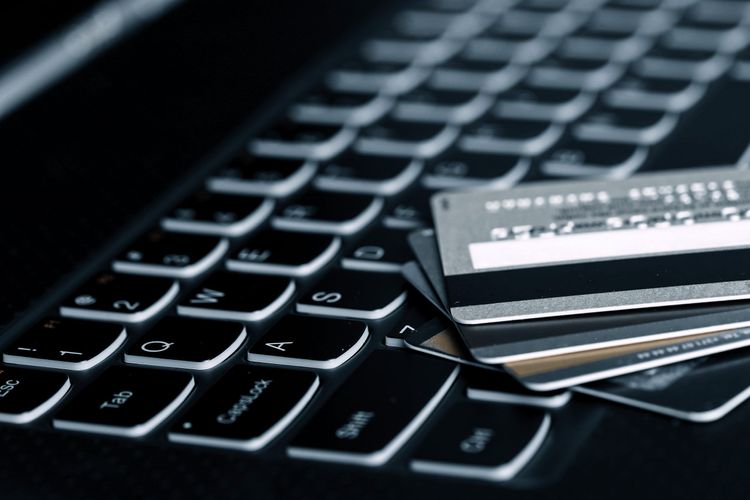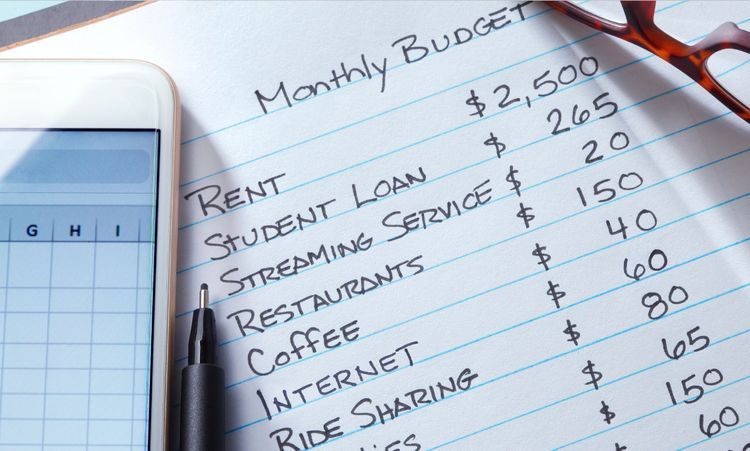In today's increasingly digital and interconnected financial world, financial cybersecurity has become a significant concern for individuals and institutions.
As technological advances provide greater convenience and efficiency in financial transactions, the risks associated with data security and protection against cyber threats also increase.
The good news is that you can take proactive steps to protect yourself.
What is Financial Cybersecurity?
Financial cybersecurity is a department of cybersecurity that focuses on protecting financial systems, data, and transactions from digital threats on the Internet.
It involves implementing security measures to protect financial information, both individual and institutional, against malicious attacks, fraud, and security breaches.
Financial security becomes an absolute priority as more transactions are carried out electronically and sensitive information is stored on online servers.
Failing to protect financial systems can lead to severe consequences, such as identity theft, economic losses, and reputational damage to financial institutions.
Why is Cybersecurity Critical?
Financial cybersecurity encompasses a wide variety of areas, including:
- Protection of personal and financial data: This involves safeguarding sensitive information such as identification numbers, bank account details, and credit card numbers through encryption, firewalls, and access controls.
- Fraud prevention: Involves implementing fraud detection and real-time monitoring systems to identify suspicious activities, such as unauthorized transactions or unusual behavior.
- Risk management: Financial cybersecurity also focuses on assessing and managing the risks associated with cyber threats, including identifying vulnerabilities in systems and implementing measures to mitigate those risks;
- Regulatory compliance: Government regulations often require financial institutions to implement cybersecurity measures to protect customers' financial information.
Who is Responsible for Cybersecurity?
Financial institutions constantly invest in advanced cybersecurity technologies, such as firewalls, encryption, and multi-factor authentication, to protect customer data and financial transactions.
Additionally, individuals also play a crucial role in ensuring the security of their financial information by adopting cybersecurity practices such as strong passwords and two-factor authentication and avoiding sharing sensitive information over unsecured networks.
Governments and regulators establish robust frameworks to ensure financial cybersecurity and protect consumers from emerging threats.
How to Protect Your Digital Privacy
Protecting your digital privacy is essential to ensuring the security of your personal information and preventing unauthorized access to sensitive data. Follow these tips to enhance your online security:
- Use strong passwords;
- Enable two-factor authentication
- Keep software and applications up to date
- Beware of phishing and suspicious emails
- Use secure Wi-Fi networks
- Adjust privacy settings on social networks
- Clean your data regularly
- Use encryption
- Be aware of the privacy settings of smart devices
- Stay informed about the latest cybersecurity practices
Strategies to Secure Your Finances in Apps
Cybercriminals often target mobile applications. To secure your financial information in digital apps and minimize your risks, follow these strategies:
- Multi-factor authentication: Enable two-factor authentication on financial apps whenever possible. This adds an extra layer of security by requiring more than just a password to access your account.
- Secure your email: Keep your emails secure by using strong passwords and updating them regularly. Avoid sharing sensitive financial information via email and, if possible, choose to encrypt important messages.
- Do not click on unknown links. Check the legitimacy of any bill you intend to pay and ensure that the account details correspond with the information the company or institution gave you.
- Verify bills before payment: Confirm the authenticity of bills and payment requests. Avoid paying bills from unfamiliar sources or suspicious entities.
- Use your own devices: Perform financial transactions only on personal devices to minimize exposure to malware and other risks.
- Be careful with public Wi-Fi: Avoid making financial transactions or accessing sensitive applications on public Wi-Fi networks. These networks are more susceptible to hacker attacks, which can intercept personal and financial data.
It is important to note that these security measures can significantly minimize fraud risks, but you must always stay up to date on cyber security news, as cybercriminals are always trying to adapt.
Conclusion
As the financial sector evolves, cybersecurity has become more critical than ever. By understanding the risks and implementing best practices, you can protect your financial information and digital privacy. Stay informed and vigilant to protect yourself from digital threats.




